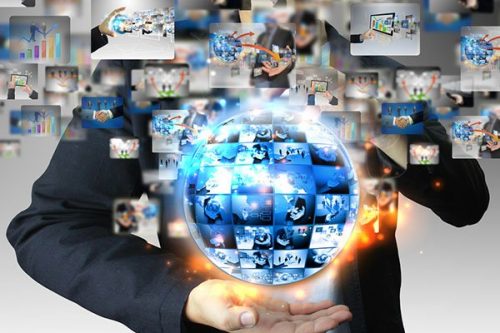“Lying is a bad issue – that is what mentors, dad and mom, and teachers inform us. But there is no society without lies.”
So says theoretical physicist Rafael Barrio. When he and his colleague Kimmo Kaski from the Aalto University School of Science in Finland concept about this blatant discrepancy, the two computational scientists got down to simulate the results of lying in a digital human populace. The key to know-how is the discrepancy realizes that everyone’s lies are not identical. “White lies” or fibs are generally standard. Their purpose is to protect, benefit or assist others, like reassuring a child on their efforts to play the violin to motivate future development.
But some lies are selfish when shielding oneself at the price of another person or maybe lying to hurt someone else deliberately. Therefore, they are condemned in maximum societies. In social psychology, this behavior is characterized as “delinquent” lying, while fibs are called “prosocial,” They help keep relations in the proper circumstance. Between two people, this category is intuitive. But how does an entire populace react to unique styles of lies? This is the query Barrio, and his crew wanted to answer. So they created an easy virtual scenario that can then be used to construct laptop models.
In their state of affairs, two hundred digital individuals are connected with relationships of various strengths, and each is assigned a random opinion on a hypothetical subject matter. Their one-on-one interactions make their agreeing levels weaker or more potent, relying on the sort of lies those individuals use, which changes the society’s network bit by bit. For example, some individuals had been prosocial liars whose movements have a higher chance of increasing belief. In contrast, some are antisocial liars whose actions had a better possibility of lowering confidence.
The researchers ran the model again and again for around 200,000 interactions within the population and recorded how the organization structure evolves. “2 hundred,000 interactions isn’t plenty. In the real international, this is something that occurs between people in three to 4 days, the form of the component when there is a little bit of news and anybody paperwork an opinion about it,” Barrio stated. Not enormously, in a population where everyone is flawlessly sincere, trust increases through the years, ensuing in a nicely-linked group. But while Barrio reduced the extent of honesty inside the populace by introducing prosocial or antisocial liars, he observed a particular exchange.
Antisocial deception brought about the fragmentation of the network, forming small and tightly related corporations of honest people who are weakly related by using cheating marketers. In an extreme case, when all agents within the version succumbed to delinquent lying, it destroyed the community shape and led to complete isolation for that reason.
The impact of fibs, or prosocial lies, does not spoil the virtual society’s fabric. Instead, the community splits up into huge neighborhoods with sturdy social hyperlinks of like-minded honest retailers in the network and vulnerable connections between the two large businesses. These weak links are nearly completely set up through dishonest marketers, which shows that prosocial lying might decorate the cohesiveness in society.
In the model, the level of honesty and dishonesty is fixed for every man or woman – but evaluations might also alternate. At the beginning of every simulation, while retailers were randomly assigned reviews, a few were undecided. Barrio and his group determined that introducing more fibbing within the network reduced the range of not sure retailers and concluded prosocial mendacity, in reality, assist human beings make up their mind.
Alistair Sutcliffe, a professional in structures engineering at the University of Manchester, stated, “The novelty on this have a look at is the differentiation between social and delinquent lying. In truth, the tolerance to fibbing depends on the energy of the connection.” But it doesn’t always take a laptop version to training session whether lying is excellent or horrific. Charles Darwin understood the nature of lies nearly two hundred years in the past. He checked out his very own son and concluded: “He is a liar but a great chap.”
